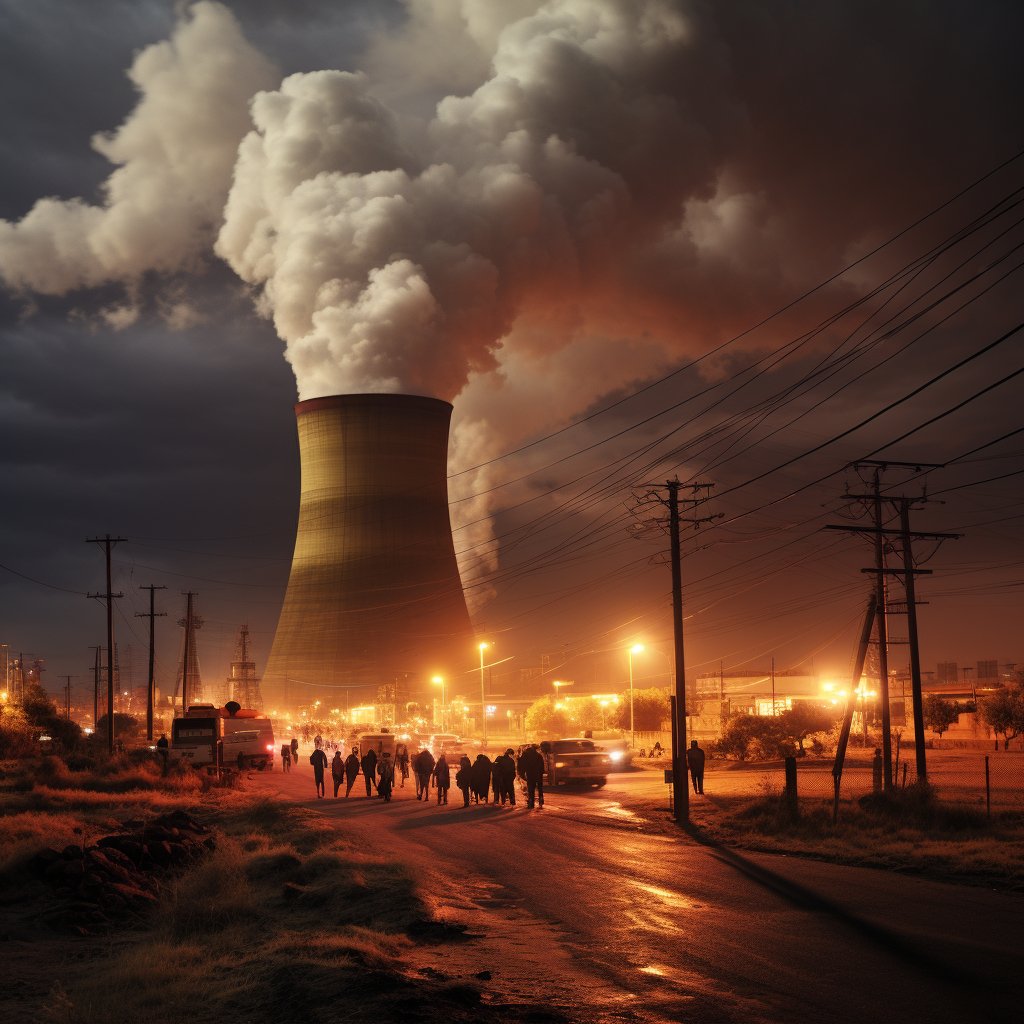Picture: for illustration purposes
South Africa's Energy Transition: A Bumpy Ride to a Greener Future
The path to a sustainable future appears unexpectedly rugged for South Africa, as the country’s coal to renewable energy transition has been critically marred by the uncoordinated handling of Komati power station's shutdown, according to a fresh study by the Presidential Climate Commission.
Eyebrows were raised when the state-owned utility giant Eskom failed to undertake thorough worker consultations or provision of alternate employment during the closure of Komathi, its oldest fossil fuel-powered plant, which served South Africa for six decades.
The suspicion around the murky process escalated as inaccurate statements concerning the plant's potential of remaining open, made by ministers from the ruling African National Congress, fueled dissatisfaction in coal-reliant communities. The government's attitude towards the international aid flowing in to fund renewable energy transition was viewed as a significant factor intensifying the unease.
The report stressed how vital early and accurate communication, combined with community-centric development projects, is to facilitate a smoother transition. It pointed out that the switch to renewable energy faced major pushback from key ministers despite the desperate need induced by the historical power cuts caused by the old and failing coal power plants.
Having missed the opportunity to diligently contemplate on the social impacts of Komati's closure in 2020, Eskom looked to make amends by beginning consultations with the government and engaging the workers with an alternative employment project. However, the consensus is that these reactive steps were too little, too late and the community felt sidelined in a decision affecting their lives directly.
It was also revealed that a month before its final closure, an agreement was finalized to establish a renewable energy training facility on the site. A considerable $497 million was secured from the World Bank for renewable energy and battery plants, further proving the country’s commitment to a greener future.
As South Africa strives to restructure its energy sector and adapt to the changing global energy ecosystems, much learning is to be had from the Komati episode, and one would hope future transitions will prioritize early communication, community engagement, and improvement of socio-economic prospects for the workforce.










